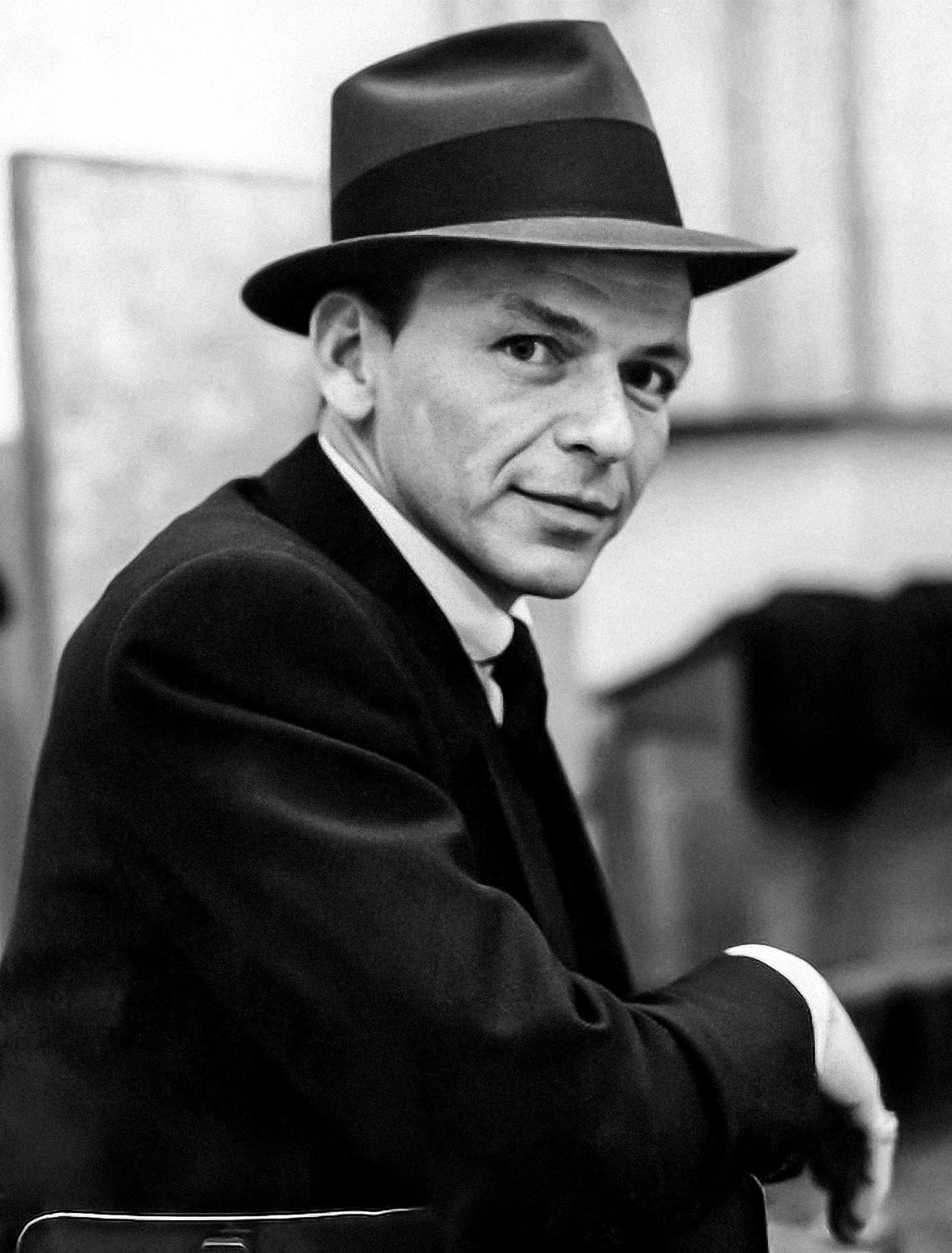In 1947, Frank Sinatra recorded “One for My Baby (and One More for the Road),” a melancholic masterpiece that has since become one of the most enduring torch songs in the Great American Songbook. Written by the legendary duo Harold Arlen and Johnny Mercer, this poignant ballad showcases Sinatra’s unparalleled ability to convey deep emotion and tell a story through his music.
“One for My Baby” is a late-night lament set in a quiet, empty bar, where the narrator pours out his heart to a sympathetic bartender after a painful breakup. The song’s narrative is intimate and reflective, with Sinatra’s evocative delivery making listeners feel as though they are sitting right there on the barstool next to him. The lyrics’ conversational style, filled with longing and resignation, perfectly captures the essence of heartache and the solace sought in the aftermath of lost love.
The sparse, yet evocative arrangement of “One for My Baby” complements its somber tone. Sinatra’s voice is accompanied primarily by a haunting piano line, played masterfully by Bill Miller, which underscores the song’s mood of solitude and introspection. This minimalist approach allows Sinatra’s vocal performance to take center stage, highlighting his impeccable phrasing and emotional depth.

Throughout the song, Sinatra’s nuanced performance breathes life into Mercer’s lyrics, delivering each line with a combination of vulnerability and world-weariness that resonates deeply with listeners. Phrases like “It’s quarter to three, there’s no one in the place except you and me” and “Set ’em up, Joe, I got a little story I think you should know” become more than just words; they become a window into the soul of a man grappling with loss.
“One for My Baby” has been recorded by many artists over the years, but Sinatra’s rendition remains definitive. It became a staple of his live performances, where he often used it as a showcase for his dramatic and interpretive skills, cementing its status as a classic in his repertoire.
In conclusion, “One for My Baby (and One More for the Road)” by Frank Sinatra is more than just a song; it’s a timeless anthem of heartache that captures the raw, unfiltered emotions of love lost. With its poignant lyrics, haunting piano accompaniment, and Sinatra’s masterful vocal performance, the song remains an enduring classic that continues to touch the hearts of listeners. As we listen to Sinatra’s soulful lament, we are reminded of the power of music to express our deepest sorrows and to find comfort in the shared human experience of heartache and healing









